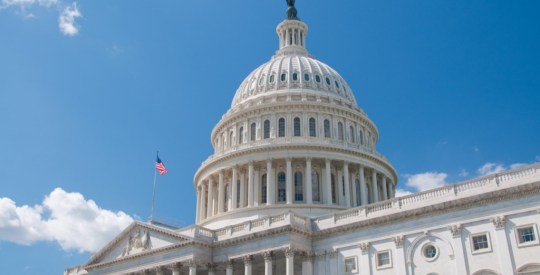AARP is urging federal regulators, including the Consumer Financial Protection Bureau (CFPB), to rein in credit card late fees, stating that these fees can put seniors at a disadvantage when trying to make ends meet in or near retirement.
In a letter submitted by David Certner, AARP’s legislative counsel and legislative policy director, to Wei Zhang, the CFPB’s consumer credit, payments, and deposits markets section chief, the AARP contends that consumers are becoming more reliant on cards — which, in turn, is eroding their financial stability due to rising interest rates.
In addition to more people turning to credit cards, the older demographics appear to be leading the charge, the letter states.
“Americans aged 60 and over have the highest rate of credit card ownership among all age groups, with 92% owning at least one credit card,” the letter states. “They also have the highest preference for using credit cards for everyday purchases, with 72% of the Silent Generation (1928-1945) and 46% of Baby Boomers (1946-1964) opting to use credit cards as their form of payment.”
Nearly half (47%) of Americans ages 60 and older are likely to be unable to pay or make a partial payment on their cards — a rate that outpaces younger card users, according to data from the 2021 Federal Reserve Board’s Survey of Household Economics and Decision Making.
AARP also notes in the letter the concerning trend related to less-regulated credit products — such as “buy now, pay later” options.
“[T]he Bureau must pay special attention to policing the use of unfair, deceptive, or abusive practices in the credit marketplace to harm consumers within this age group,” the letter states. “Similarly, the CFPB must work to ensure there are responsible credit options for older consumers.”
According to Certner, the Bureau should regulate “buy now, pay later” products and aim to lessen the impact of card late fees.
“The cost of credit card late fees on consumers is remarkably high. The Bureau recently estimated credit card companies charged $12 billion in late fee penalties in 2020, making up 10% of the total cost of credit cards to customers,” the letter states.
This is exacerbated by the disproportionate impact that fees have on poorer neighborhoods and populations, according to the letter.
“AARP encourages the CFPB to act to reduce credit card late fees and protect card customers from abusive pricing,” it states.
AARP previously sounded the alarm about rising levels of senior debt and the potential for it to hinder financial stability in retirement.





